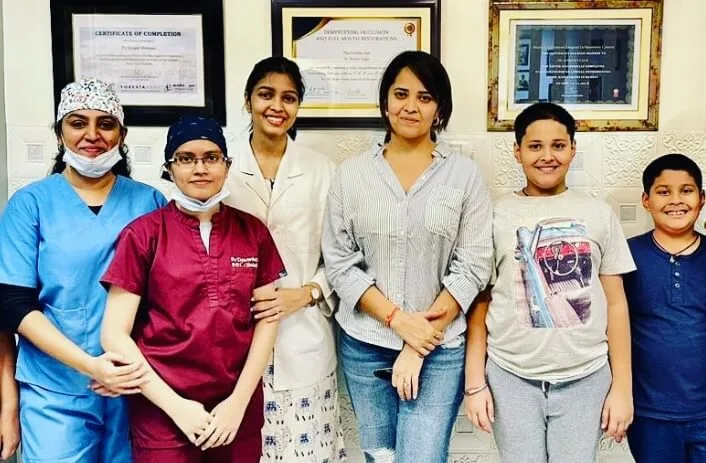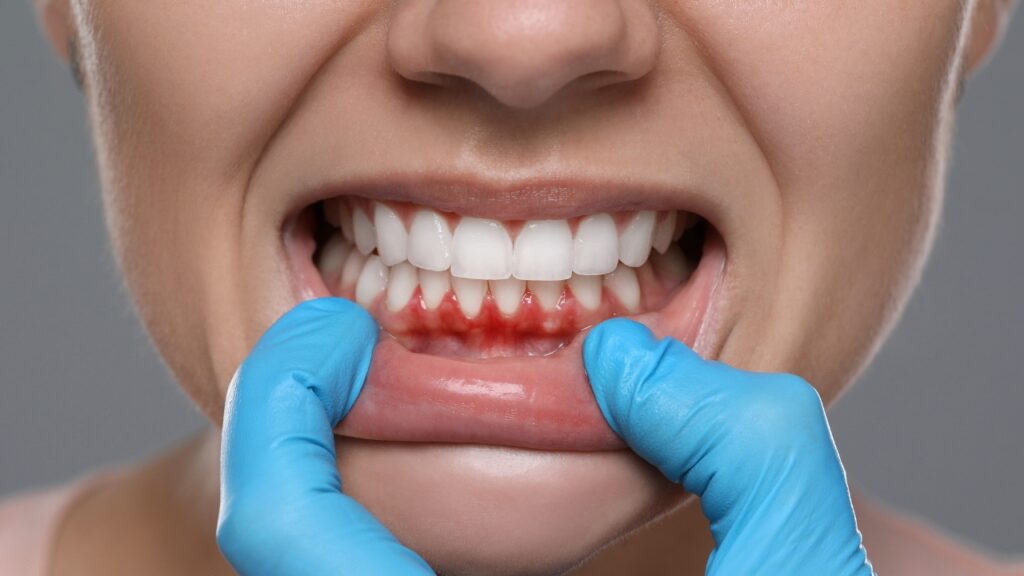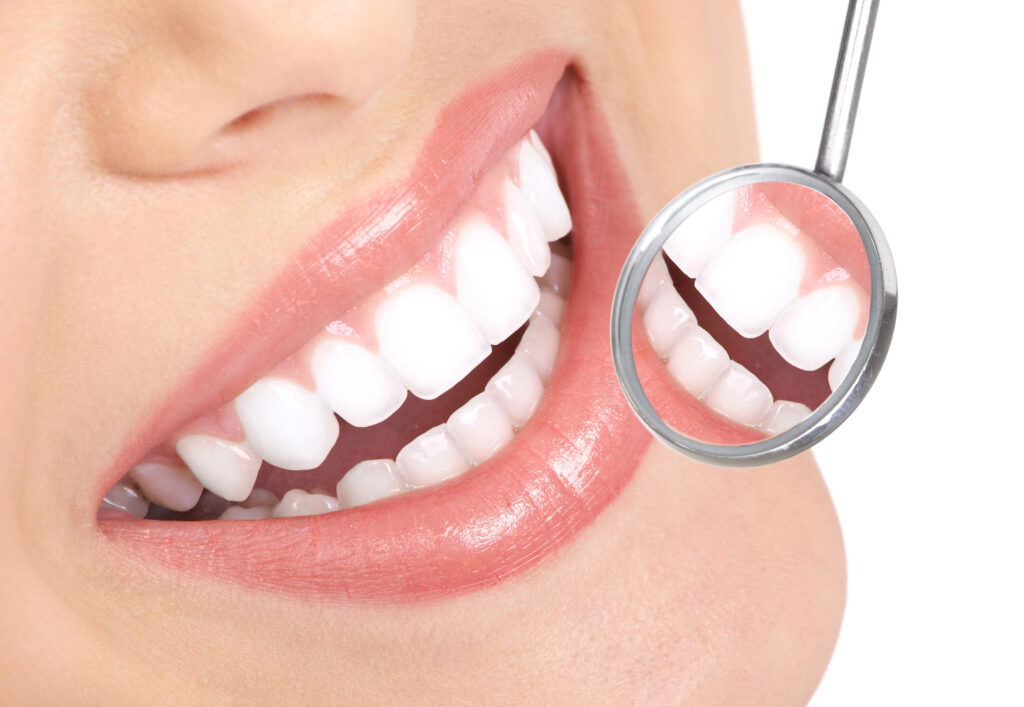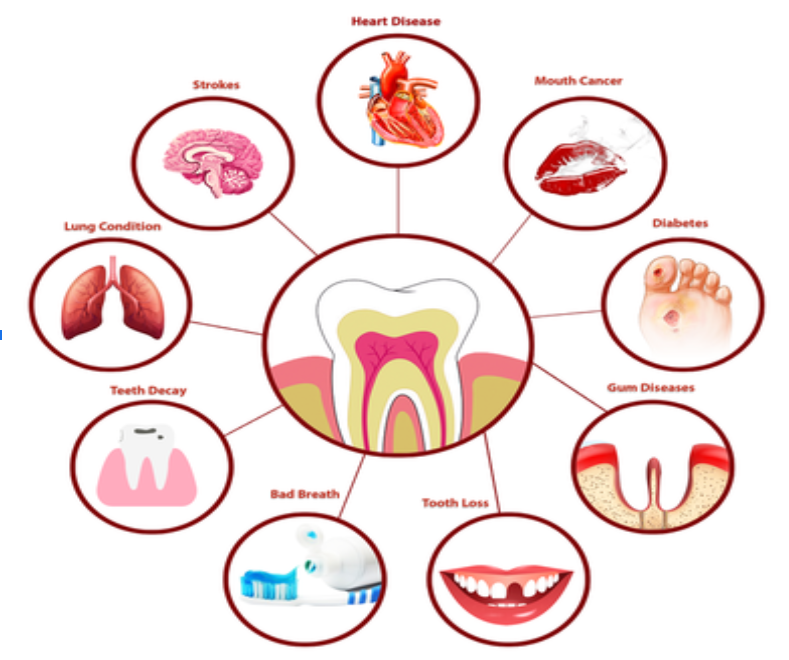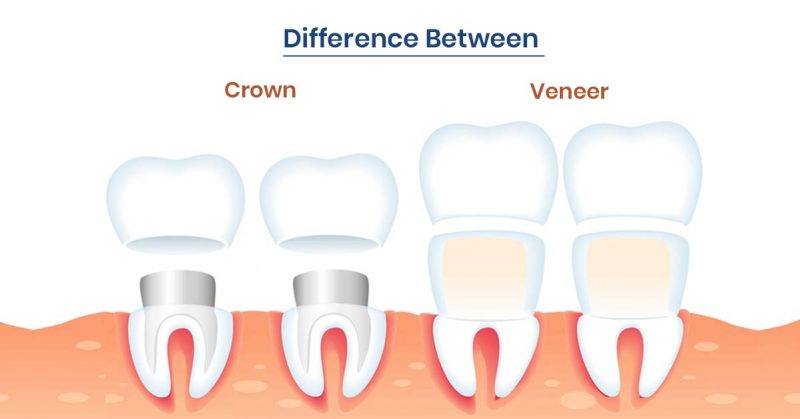
Veneers vs. Crowns: What’s the Difference?
Veneers vs Crowns: What’s the Difference? Difference between veneers and crowns? When it comes to improving your smile or resolving dental issues, veneers and crowns are popular options. Understanding their distinctions will help you make the best decision for your Dental needs and cosmetic goals. What are dental veneers? Veneers are thin, custom-made coverings for […]
Veneers vs. Crowns: What’s the Difference? Read Post »

